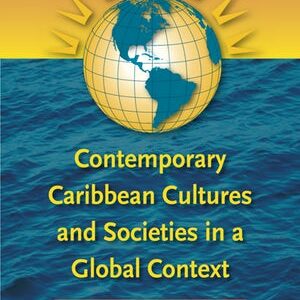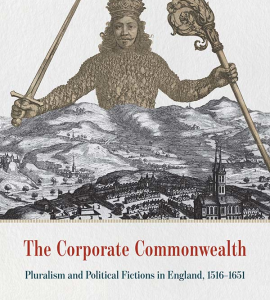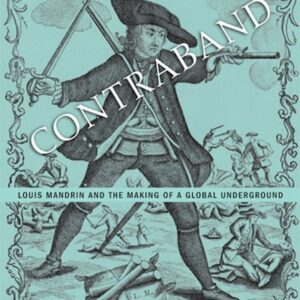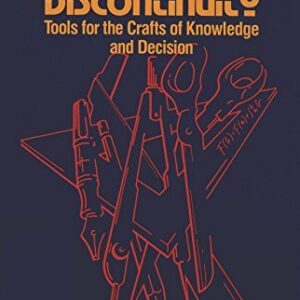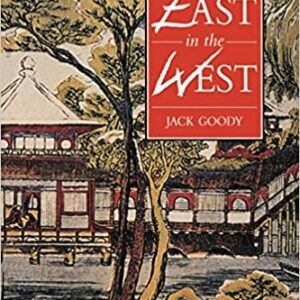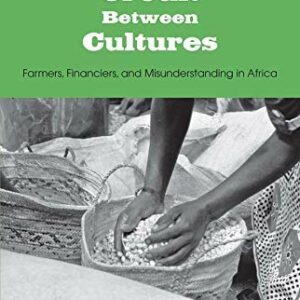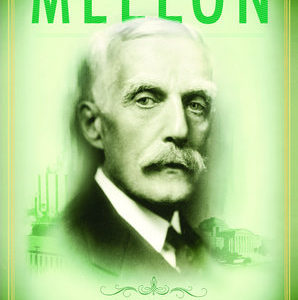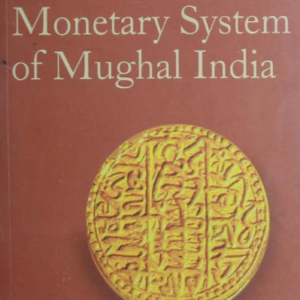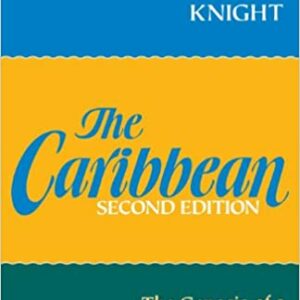
The Caribbean: The Genesis of a Fragmented Nationalism
By Franklin W. Knight (NHC Fellow, 1986–87) Offering a rare pan-Caribbean perspective on a region that has moved from the very center of the western world to its periphery, The Caribbean: The Genesis of a Fragmented Nationalism journeys through five centuries of economic and social development, emphasizing such topics as the slave-run plantation economy, the changes in … Continued
